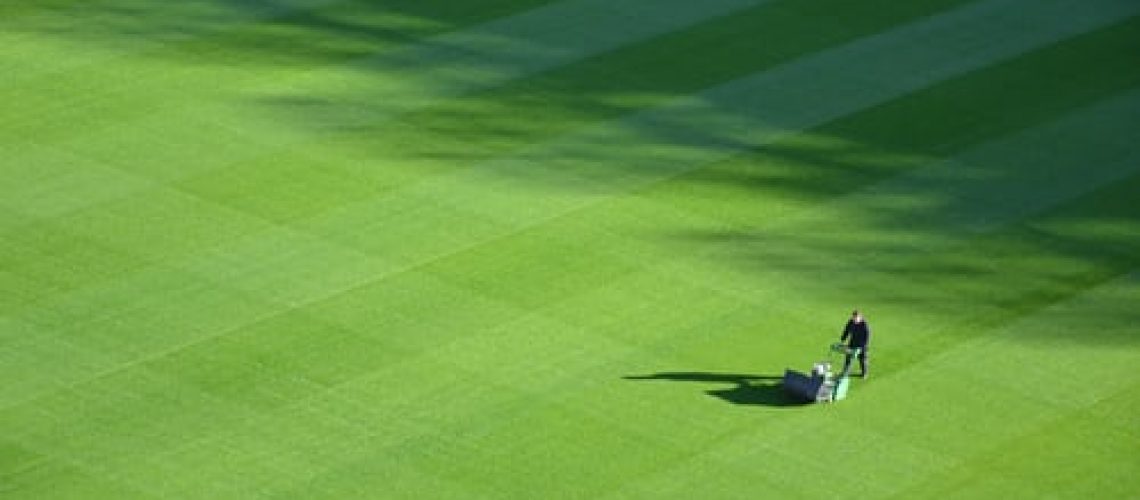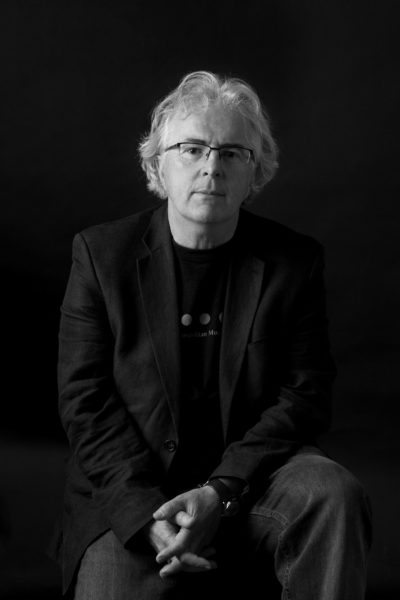It’s February 3rd 2019. I’m at the Cork Wexford National Hurling League match in Páirc Uí Chaoimh.
And I’m thinking about time.
I’m thinking back to a different time, six months ago on July 29th, 2018, when last I watched the Cork senior hurlers play – against Limerick, in Croke Park in the All-Ireland semi final.
And how different it was, too, with 71,073 people screaming their lungs out, hearts racing, eyes wide, everything on the line, the clock ticking, a place in the All-Ireland Final at stake – the sense of hope and purpose rich in the air, like the aroma of flowers. Today, 6,897 people are murmuring and whinging and tut tutting. Some polite applausing with the odd Wexford cheer thrown in, near the end. Not much at stake, today. Different moments in our lives have different values and this moment in early February is of a lesser currency than the priceless moments of late July.
Fast-forwarding to Páirc Uí Chaoimh, I notice a baby boy two rows down from me being given a bottle by his Granny. Mammy is sitting beside them and Grandad on the other side. They look like they are Wexford, by the colour of Grandad’s jacket. They’ve brought Baby all this way west across the country to watch this poor enough match on a poor enough pitch with poor enough pickings for the winner of it. Granny lifts him up to wind him, not a bother on him, a lovely little grey bobble hat on his head, matching Mammy’s. Granny doesn’t have a hat, she’s hardy out. Baby gives a little whinge, so Grandad sucks on a soother, puts it in Baby’s gob and the little fella settles down to a nap.
He’s not missing much. A times it seems more like a ploughing match than a hurling match – the pitch is pure cat, like a race track on a heavy going day. It proceeds steadily, if unspectacularly. Aidan Walsh raises a mighty divot, pounces on the ball and powers it over the bar off his left. Fair dues to him, you can see the players are giving it everything in the poor conditions.
Time moves on. It always does in sport. The pitch is glad of a rest at half-time and the children of Douglas and Ballincollig and some groundsmen try to tamp it down a bit. It seems to work.
I’m sitting close to the sideline in the south stand. I can smell earth and chip pan oil. The sky is dull, the match is dull, the empty terraces are dull at both ends – weather-stained already, imagine. We’re all dull, here, enfolded in padded hats and coats. ‘Tis after getting wicked could,’ a Wexican says, behind me. He’s right, too.
We all hunker down.
The vivid colour of Croke Park on that July Sunday, though. The green and white and red and white. On days like that, we, the participants, feel more alive than we can know. We feel hyper-alive, but it’s not just the 71,073 people and the 30 players on the pitch who were alive. The stadium was alive, the pitch, the goals, the hurleys and the ball were alive, too. The grass, the seats, the beams in the roof high above our heads, the air around and above us – every single thing was animated in a magic wonderland, science-fictiony kind of way.
The philosopher Simon Critchley says that when we’re inside a pulsating, do-or-die game, we enter a kind of animistic universe where everything is alive and endowed with a soul. So that all these objects around us during the game are not only alive but also sentient and fused together into one living entity, and we’re part of it, and it’s gigantic, a thing of great wonder at that time.
Baby seems content to sleep on. I’m a bit jealous. In the second half, he rouses himself and Granny lifts him up to have a look around. He’s sucking away on the soother, bright-eyed. Lee Chin is brought on and Granny turns Baby to see him. In fifteen or sixteen years time, Mammy will tell him that he was at this game and it was the first game he was ever at, even if he can’t remember it. ‘And you saw the great Lee Chin that day too, he hurled all around him, the amount of time he always seemed to have on the ball. And we bate Cork out the gate by twelve or thirteen points, in their own patch too, and the pitch, you’d want to have seen the state of it, your Grandad said he never saw the like, God be good to him.’
Time.
The time that great players like Lee Chin can create out of the ether, like gods. And we live in that time and are the richer for it.
Mircea Eliade, an interpreter of religion, said that religious people experience two types of time: profane time and sacred time. Profane time is the time of everyday life. Religious time is that experienced during religious festivals wherein sacred events are reactualised. I believe that sports people (those who play or engage seriously in sport like those at today’s game) also experience these two types of time. The sacred time is during the game and the profane time is the before and after.
What else are games except the reactualising of previous sacred events? The first game we experienced, when everything was strange and wonderful and new and we saw a circle of wonder in our mother or father’s eyes that we’d never seen before. And every game we go to, afterwards, is a retelling of that wonder, given heft and purchase – by time.
One of the things that draws us to sport is the reassuring recurrence of games and championships, and seasons, and the known comforting rituals that go with them. Each time, like today, a renewal. Year in and year out.
And when we attend games, even as featureless as the one I’m at now, in a way we are reattending all the ones we experienced previously, and we are foreseeing all the ones we will experience in the time to come. We are renewed by days like today and hurling is renewed by days like today. This is one of the major comforts of sport – in some ways, we always had it and we will always have it. It’s eternal in a transient and momentary world.
Am I sorry I went down to the Páirc for the game? I am not. Without dull winter days and matches like today, the glory days of summer can’t happen. On days like today, young hurlers learn their craft and test their mettle. Older hurlers rekindle their need for perfection and their resolve to do better. Managers and selectors see something in the hurlers that they can work on, build upon – for the big days to come. And we who watch from the sidelines (under our warm caps) reawaken our passion – for the big days to come.
Looking back and forward in time.
Cork will improve with time and the pitch will improve with time. The days will lengthen and warm up with time. And some fine day in Wexford some fine person will put a hurl into Baby’s hand and his chubby fingers will curl around its handle. And he’ll lift his bright face and smile at the person who gave it to him.
In time.
Image: Irish Mirror ©INPHO/Ken Sutton

